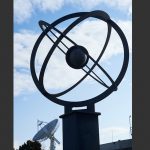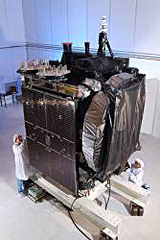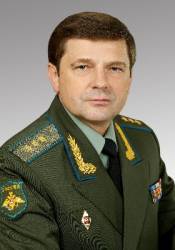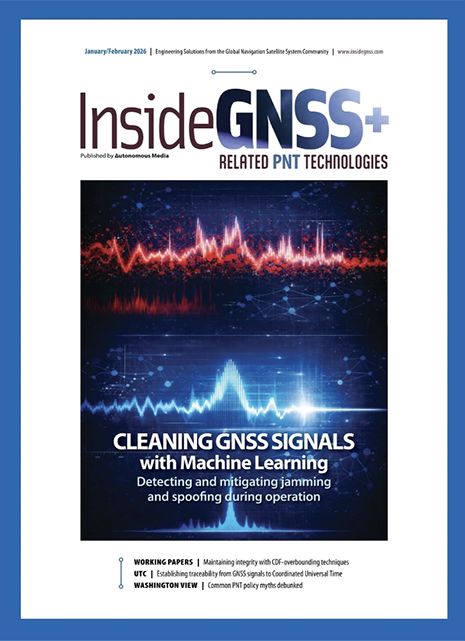For an organization with its name, the Federal Communications Commission (FCC) is a remarkably opaque public entity.
Such is the case with the agency’s inaction on requests by foreign GNSS services to waive the so-called FCC Part 25 rules that require licensing of non-Federal receive-only Earth stations (e.g., GNSS receivers) operating with non-U.S. licensed space stations (i.e., satellites).
Although at least one such request has reportedly been submitted, the FCC has not even acknowledged it, let alone moved to render a decision on the request.
For an organization with its name, the Federal Communications Commission (FCC) is a remarkably opaque public entity.
Such is the case with the agency’s inaction on requests by foreign GNSS services to waive the so-called FCC Part 25 rules that require licensing of non-Federal receive-only Earth stations (e.g., GNSS receivers) operating with non-U.S. licensed space stations (i.e., satellites).
Although at least one such request has reportedly been submitted, the FCC has not even acknowledged it, let alone moved to render a decision on the request.
So, what’s the problem, one might ask? As passive communication systems, GNSS positioning occurs in the privacy of one’s own device, which manufacturers are rapidly enabling to handle any and all services and signals. Who’s to know . . . or care?
Well, one likely group: plaintiffs’ lawyers seeking damages for putative system failures in life-critical and regulated uses of “unauthorized” GNSS signals. Ironically, this includes the FCC’s mandate for enhanced 911 services that automatically report the location of emergency callers using mobile phones. Another victim could be the next generation of U.S. air traffic management, which needs all the GNSS signals available to ensure advanced receiver autonomous integrity monitoring (ARAIM) for commercial aircraft.
Even private life-critical services, such as GM’s OnStar system, could be opened up to suits if the GNSS receivers use signals from non-U.S. systems. Indeed, the legal ramifications could ripple throughout GNSS application markets.
As this issue’s “GNSS & the Law” column makes very clear, the liability issues associated with GNSS signals and services are already ambiguous and unresolved. The FCC’s inaction is further obscuring the situation.
The adverse effects might not stop at American shores. Officials at the State Department, which is the initial point of access for Part 25 waiver requests, say that no other country appears to have such a process. But a U.S. failure to authorize use of foreign GNSS systems here could certainly provoke them to create such processes and return the disfavor to GPS.
One can’t help but suspect that the FCC has a chip on its shoulder vis-à-vis GPS and GNSS. A few years ago, the agency rightfully got beat up for what appeared to be collusion with LightSquared Inc. to encroach on GNSS spectrum with high-powered terrestrial broadband transmissions. (The resurrected LightSquared’s attempt to gain approval for its wireless broadband service by conducting its own interference tests could only have credibility in the company’s C-suite and, perhaps, the FCC. Why the agency, or the federal government more generally, doesn’t tell LightSquared to just go away — at least, from nearby GNSS frequencies — remains a mystery.)
Since the 1990s, when auctions replaced administrative licensing with market-based spectrum management and privatization of public airwaves, radio frequencies have been perceived as a profit center for government and the telecom industry alike. Politicians decided that auction revenues could be a cure-all for budget deficits and national debt, even though the proceeds are a weak substitute for progressive income tax rates and enlightened, but controversial fiscal policies.
Meanwhile, control of spectrum provided wireless communications services with a natural resource that generated profits. And unlike cell phones and other wireless devices, GNSS receivers have no meters on them running up a bill. The economic value of GNSS lies in downstream products and services.
Rather than serving as national referees of spectrum, FCC commissioners have become the keepers of the keys to the radio frequency goldmine. The situation makes one wonder what the agency would do if it was in charge of the air itself, rather than just the airwaves.
A reasonable solution is one suggested by the State Department: provide a blanket waiver or authorization for all services offered by a GNSS system.





